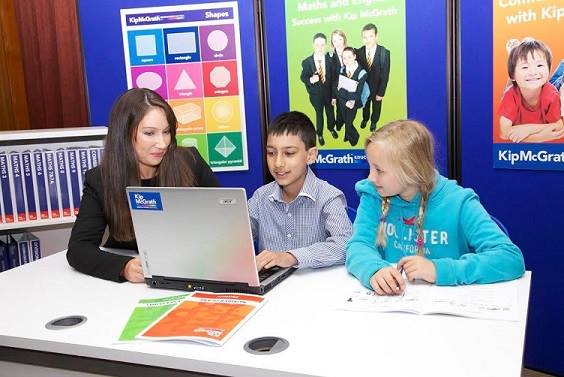If you missed the first article please click here.
In the second part of our 2-part series on Dyslexia, we look at the research behind it and what you can do to help your child.
Research into Dyslexia
There has been much research into the causes of dyslexia and this is still ongoing. It is believed that dyslexia is caused by an hereditary gene (although this is not always the case). A dyslexic’s brain works differently to a non-dyslexic’s and there is less activity in the language areas of the brain during reading and writing.
If you are concerned about your child what can you do?
1) Talk to your child’s class teacher, Special Educational Needs Teacher (SENCO)
2) Request a dyslexia screening test, especially if there is a family history of these difficulties
3) Follow a systematic multi-sensory programme such as “Alpha to Omega” or “Toe by Toe”
4) Find a qualified specialist to assist
Teaching Methods
A dyslexic student will need a multi-sensory approach to learning reading and spelling. This will need to be very structured to support the filling in of any phonic gaps.
Multi-sensory
Seeing, hearing, saying, writing, feeling / making. The student will need to engage as many senses as possible to stimulate the language areas of the brain.
Handwriting
It is beneficial for the dyslexic to join their handwriting as this helps them to remember the word shape.
Using the sense of touch
The use of sandpaper letters with a blindfold (removing the sense of sight heightens the sense of touch), play dough, sand, drawing in the air / on the child’s back will increase the number of senses a child uses, stimulating the language areas of the brain.
The Kip McGrath Method
The Kip McGrath method of teaching reading is based on a multisensory approach, similar to the Orton-Gillingham Multisensory Method.
The use of a combination of written and computer-based materials, together with repetition, the opportunity to revisit concepts difficult for the individual and a targeted approach to spelling such as ‘Look-Cover-Write-Check’ and syllable identification, all help to support progress in difficult areas for children with Dyslexia.
Our online platform ‘iKip’ offers this multi-sensory approach to learning, which helps many dyslexic children who cannot always grasp the conventional ways of learning. Computer based activities can be accessed at home to provide additional reinforcement of learning.


